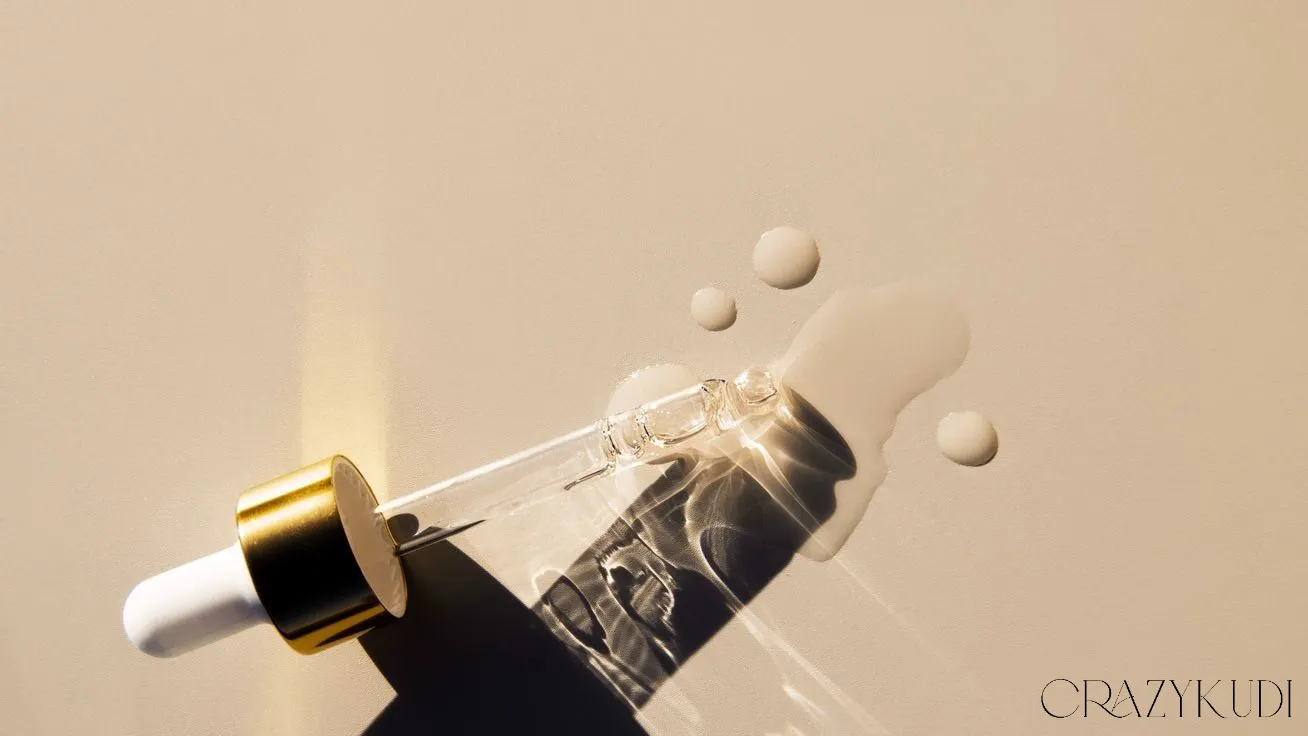When it comes to achieving healthy, glowing skin, what you put on your skin matters—but so does what you put in your body. Vitamins play an essential role in skin health by providing the nutrients necessary for cellular regeneration, collagen production, protection against oxidative stress, and hydration. Here’s a look at the most beneficial vitamins that can help keep your skin looking radiant, youthful, and well-nourished.
1. Vitamin A: The Skin's Cell Regenerator
Vitamin A is a powerhouse when it comes to skin health. Known for its ability to promote healthy skin cell turnover, vitamin A helps to reduce the appearance of fine lines, even skin tone, and boost radiance. It’s a key ingredient in retinoids, which are widely used to treat acne, hyperpigmentation, and signs of aging.
- How it works: Vitamin A helps to stimulate collagen production, which improves skin elasticity and reduces wrinkles. It also supports the repair of damaged skin and can reduce the visibility of sunspots and acne scars.
- Sources: Foods rich in vitamin A include carrots, sweet potatoes, spinach, kale, and egg yolks. You can also find vitamin A in topical products such as retinol.
2. Vitamin C: The Brightening Champion
Vitamin C is one of the most widely used ingredients in skincare for a good reason: it’s an antioxidant powerhouse that brightens the skin, fades dark spots, and protects against environmental damage. It also plays a crucial role in the production of collagen, which is necessary for maintaining skin elasticity and firmness.
- How it works: Vitamin C neutralizes free radicals, which are unstable molecules caused by sun exposure and pollution. This helps to prevent oxidative stress that leads to premature aging. It also inhibits melanin production, making it effective in treating hyperpigmentation and sunspots.
- Sources: Vitamin C can be found in citrus fruits (like oranges and lemons), kiwi, bell peppers, and broccoli. Topically, it is commonly found in serums and creams.
Also read: A Skin Pamper Session: The Perfect Gift For Your Mother’s Skin
3. Vitamin D: The Skin's Protector
Vitamin D is vital not just for bone health but also for your skin. This vitamin helps the body to produce healthy skin cells and plays a role in reducing inflammation. Low levels of vitamin D have been linked to several skin conditions, including eczema, acne, and psoriasis.
- How it works: Vitamin D enhances the immune response, reducing skin inflammation and preventing the overproduction of skin cells that can lead to conditions like psoriasis. It also aids in wound healing and skin repair.
- Sources: The best source of vitamin D is sunlight; however, it can also be found in fatty fish like salmon and mackerel, egg yolks, and fortified dairy products. Vitamin D is also available in supplement form.
4. Vitamin E: The Skin Soother
Vitamin E is often referred to as a skin-soothing antioxidant because of its ability to hydrate, protect, and repair the skin. It helps maintain the skin’s moisture balance and shields it from the damaging effects of UV rays and pollution.
- How it works: Vitamin E works as an antioxidant, neutralizing free radicals and reducing inflammation. It also helps in the healing of scars and wounds by improving skin’s overall health and resilience.
- Sources: You can find vitamin E in almonds, sunflower seeds, spinach, and avocados. Topical vitamin E is often included in moisturizers, serums, and eye creams.

5. Vitamin K: The Skin's Repairer
Vitamin K is often overlooked when it comes to skincare, but it plays a crucial role in skin healing. It is especially beneficial for people dealing with bruising, dark circles, or post-surgical scarring. Vitamin K supports the skin’s natural healing process and helps reduce the appearance of dark spots and discoloration.
- How it works: Vitamin K helps with the repair of skin tissues and enhances the clotting process, which is essential for wound healing. It also reduces the appearance of dark circles by improving circulation in the under-eye area.
- Sources: Vitamin K is found in leafy greens like kale, spinach, and broccoli, as well as in green tea and prunes.
6. Vitamin B3 (Niacinamide): The Skin Soother and Strengthener
Niacinamide, a form of vitamin B3, is an incredibly versatile ingredient that benefits virtually all skin types. It is known for its anti-inflammatory properties, which help calm irritated skin, and for its ability to strengthen the skin barrier. Niacinamide also works wonders in treating hyperpigmentation, acne, and uneven skin tone.
- How it works: Niacinamide helps regulate the production of sebum, improving the texture and tone of the skin. It also boosts the skin’s natural barrier, which helps retain moisture and protects against harmful environmental factors.
- Sources: Niacinamide is commonly used topically in serums and moisturizers, but it can also be found in foods like mushrooms, poultry, and green vegetables.
Also read: Actives and Acids for Hyperpigmentation: How to Fade Dark Spots Effectively
7. Vitamin B5 (Pantothenic Acid): The Hydration Boost
Vitamin B5 is essential for maintaining hydrated and smooth skin. It helps to retain moisture in the skin, making it a great choice for dry or dehydrated skin. It also has healing properties that help repair skin damage caused by sun exposure, pollution, or acne.
- How it works: Vitamin B5 enhances the skin’s ability to retain moisture, keeping it plump and hydrated. It also supports the healing process and can help reduce scarring.
- Sources: Vitamin B5 can be found in avocados, sweet potatoes, chicken, and whole grains.
Conclusion
Incorporating vitamins into your diet and skincare routine is one of the most effective ways to nourish and protect your skin. Whether through consuming nutrient-rich foods or applying topical products, vitamins such as A, C, D, E, and B are essential for promoting a healthy, glowing complexion. By targeting specific skin concerns, these vitamins work synergistically to keep your skin looking youthful, radiant, and well-protected from environmental stressors.
To get the most out of these vitamins, focus on a balanced approach that includes a combination of dietary sources, skincare products, and sun protection. If you’re unsure where to start, a dermatologist can help guide you in creating a skincare routine tailored to your skin’s needs, ensuring you get the maximum benefits from these essential vitamins.

